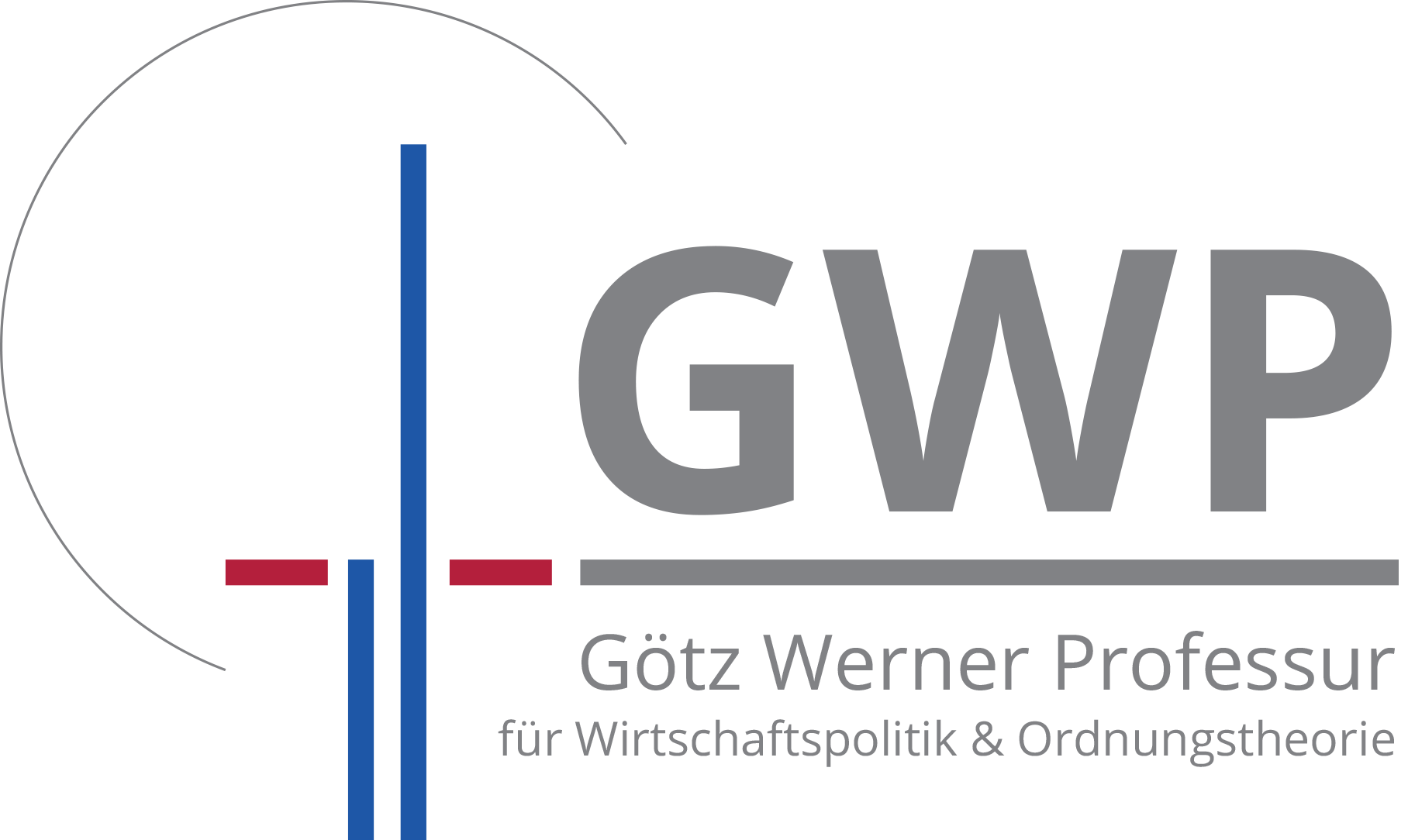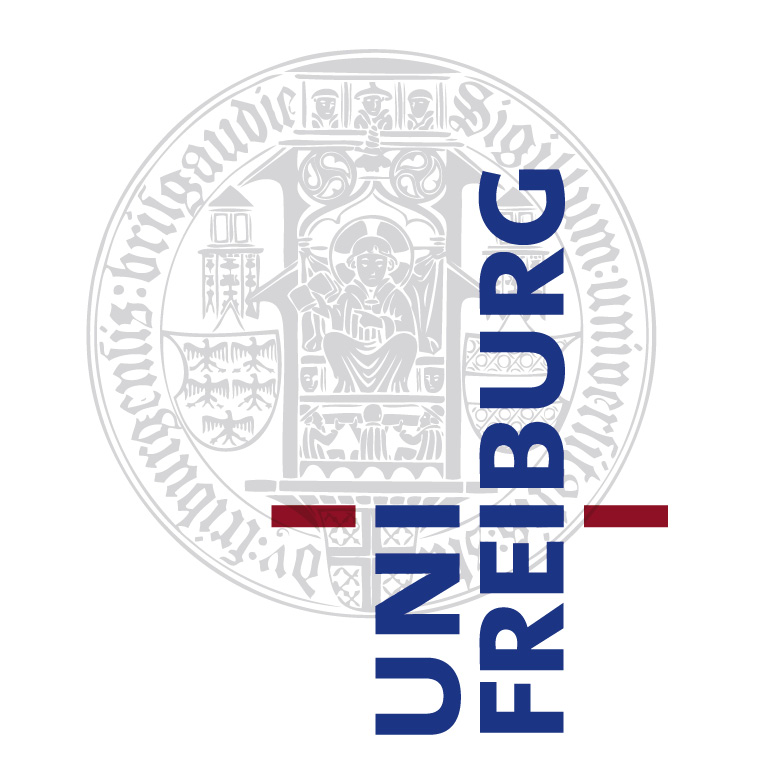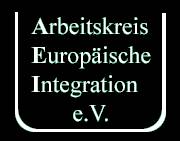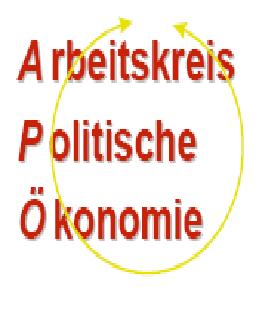Post-Crisis Fiscal Consolidation Strategies for Europe
March 24-25, 2011
at the
University of Freiburg
Haus zur Lieben Hand
Information and Registration:
- Conference Poster
- Program as pdf-file
- Main maps and addresses (additional directions to and for university campus)
- Registration form (pdf document or MS Word document)
Please send the duly completed registration form until March 10, 2011 to:
Arbeitskreis Europäische Integration e.V. c/o SWP Ludwigskirchplatz 3-4 D-10719 Berlin Germany E-Mail: aei [at] aie-ecsa.de Fax: (++49) 3212 / 13 53 304
Program
(including downloadable abstracts, papers, and presentations)
Thursday, March 24
13.00-13.15 Address of welcome
Friedrich Heinemann, Bernhard Neumärker
13.15-15.15 Parallel sessions
Session 1: The Governance of Consolidation
Chair: Friedrich Heinemann
Uwe Wagschal & Georg Wenzelburger (ALU):
The pre-crisis perspective: When do governments consolidate? A quantitative analysis of 23 OECD countries (1980-2005)
Jan Voßwinkel (CEP):
The Euro Crisis from a constitutional economics perspective
Roel Beetsma (University of Amsterdam):
From First-Release to Ex-Post Fiscal Data: Exploring the Sources of Revision Errors in the EU
Session 2: Political Economy and Constitutional Consolidation of Public Debt
Chair: Bernhard Neumärker
Helmut Stix (Oesterreichische Nationalbank, Economic Studies Division):
Does the Broad Public Want to Consolidate Public Debt? – The Role of Fairness and of Policy Credibility
Nikolai Stähler (Deutsche Bundesbank /Zentrale Öffentliche Finanzen):
The Debt Brake: Business Cycle and Welfare Consequences of Germany’s New Fiscal Policy Rule
Bernhard Neumärker & Stephan Wolf (ALU):
Debt Brakes and Deficit Limits: On the Constitutional Economics of Intergenerational Justice
15.15-15.40 Coffee break
15.40-17.40 Parallel sessions
Session 3: Economic Effects of Public Deficits
Chair: Jan Voßwinkel
Martin Paldam (School of Economics and Management, Aarhus University):
Comparing good and bad borrowing
Simon Tilford (Centre for European Reform, London):
Sustainable debt burdens and economic growth
Shafik Hebous (Goethe University Frankfurt):
Budget Deficit Spillover Effects in the Euro Area
Session 4: Consolidation Strategies in the Euro Area
Chair: Stephan Wolf
Demos Ioannou & Livio Straccay (ECB):
Have euro area and EU economic governance worked? Just the facts
Sebastian Hauptmeier (ECB):
Towards expenditure rules and fiscal sanity in the euro area
17.40-18.40 Keynote Jakob de Haan (University of Groningen):
Do Budgetary Institutions Mitigate Political Influences on Fiscal Policy?
New Empirical Evidence for the EU
20.00 Dinner, Haus zur Lieben Hand (Casino)
Afterwards: Get-together at the Martinsbräu
Friday, March 25
9.00-11.00 Parallel sessions
Session 5: On the Relation between Fiscal and Financial Crises
Chair: Friedrich Heinemann
Marc-Daniel Moessinger (ZEW Mannheim):
Fiscal rules and risk premia in EU bond markets
António Afonso (ECB and ISEG/UTL-Technical University of Lisbon):
Credit ratings and the Euro Area sovereign debt crisis
Deniz Sevinc (Bahcesehir University, Istanbul):
Cross Country Consequences of the Financial Crisis and Regulatory Reforms
Session 6: Fiscal Policy in Crisis
Chair: Bernhard Neumärker
Veronica Grembi (Catholic University of Milan):
Do Fiscal Rules Matter? A Difference-in-Discontinuities Design
Mathias Dolls (University of Cologne):
Automatic Stabilizers and Economic Crisis: US vs. Europe
Christoph Priesmeier (Deutsche Bundesbank):
Fiscal policy over the business cycle in Germany – a tale in three acts
11.00-11.30 Coffee break
11.30-12.30 Keynote: Bernd Raffelhüschen (ALU):
Public Debt: What you see is left than you have
12:30 Lunch, Haus zur Lieben Hand (Casino)
13.30-14:30 General Meeting of the German Association of Political Economy
14:30 End of conference





